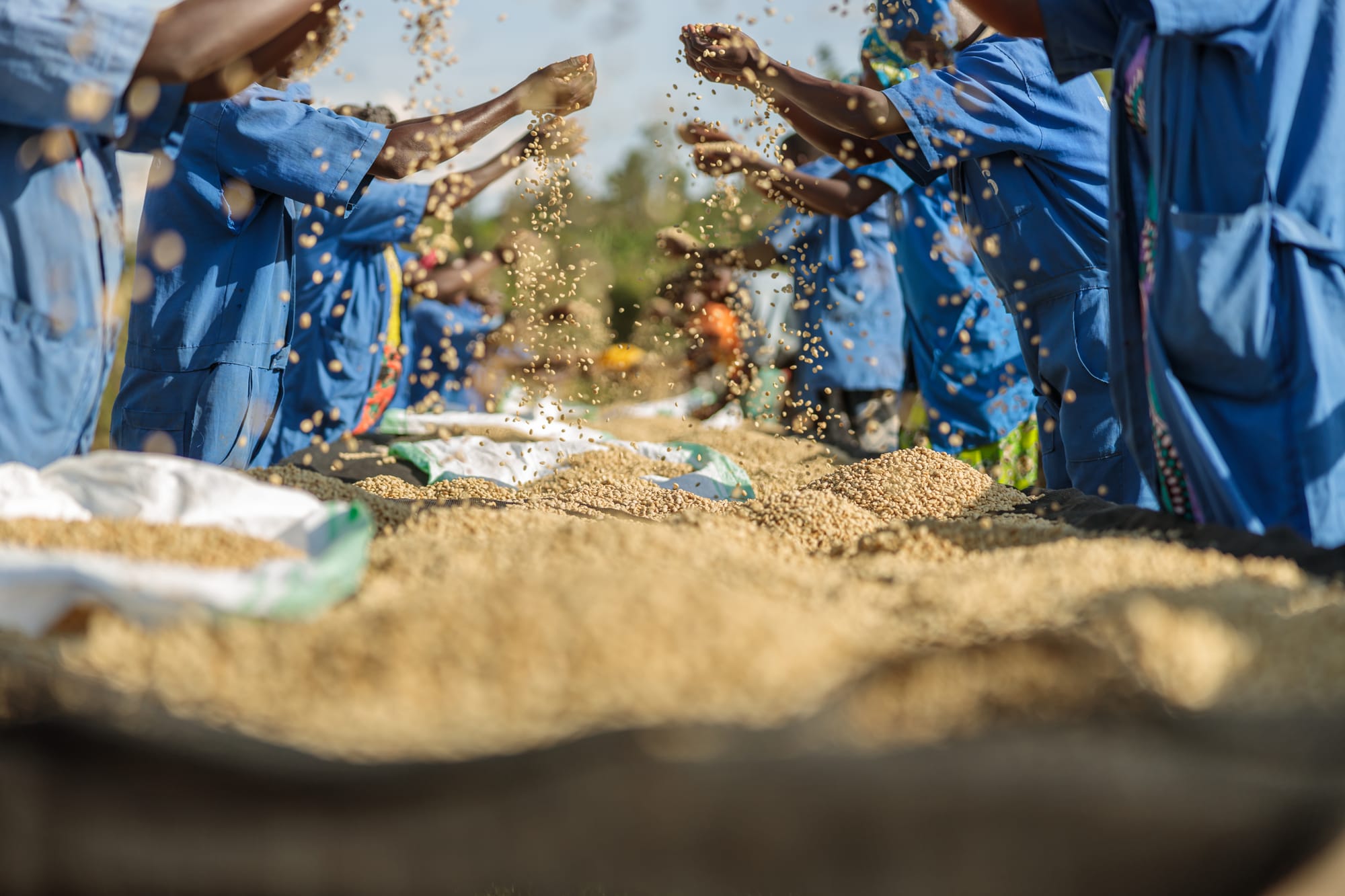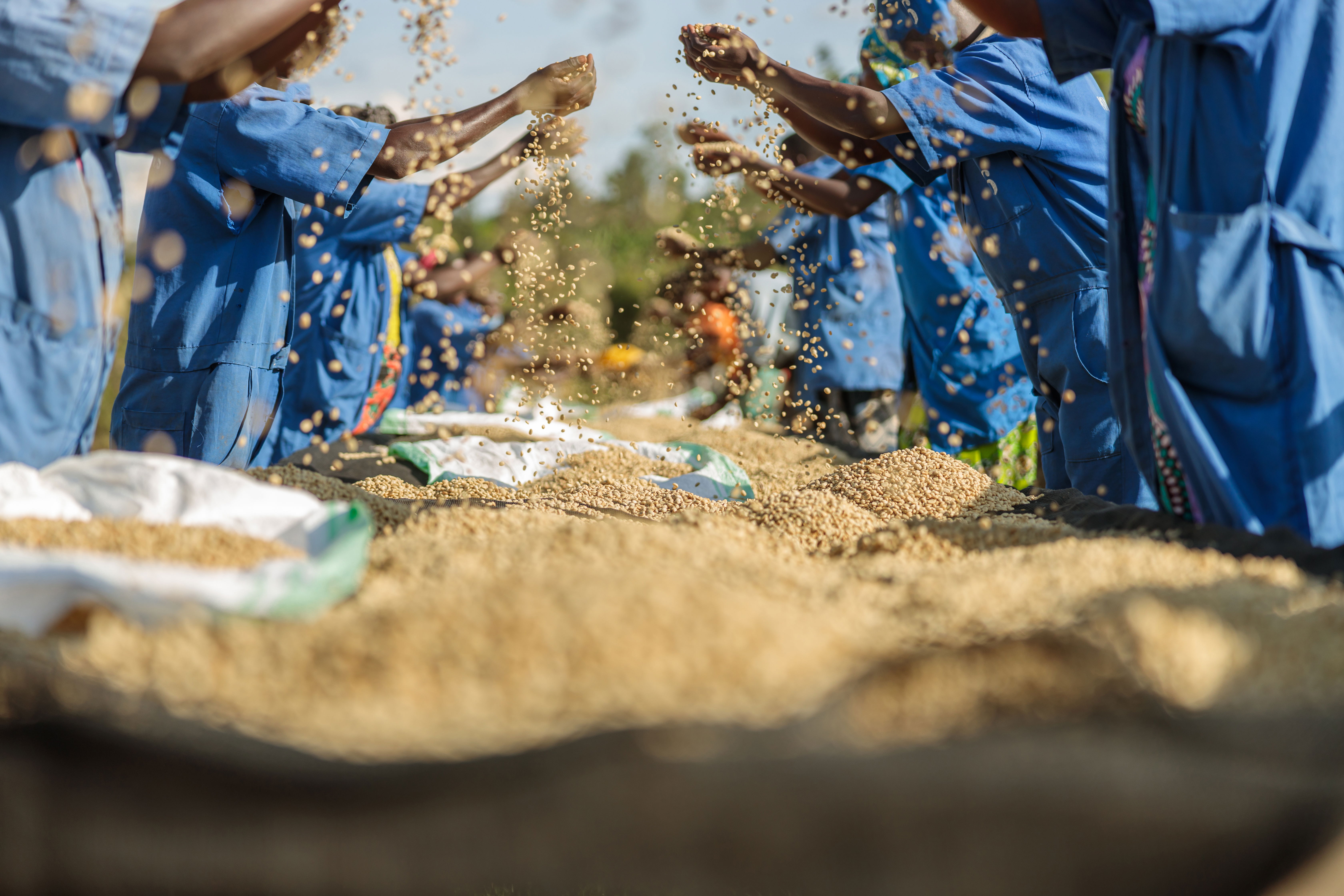Agriculture Africa Benefits From Russian Fertilizers and Agricultural Exports-By Kestér Kenn Klomegâh

What is important, and the most interesting fact here, Tanzanian economy is heavily based on agriculture. It has a vast arable land for farming. But Tanzania, like many other African leaders, are readily addicted to spend huge budget importing goods that they can locally. According to the Economic Development Minister Maxim Reshetnikov many potential state buyers expressed interest in such imports, reiterated Russia’s preparedness to ensure food security. In a similar direction, earlier on as reported by Interfax Information Agency, the Agroexport Center of the Ministry of Agriculture listed 25 African countries.
With geopolitical developments shaping the world, Africa is expectedly changing with the times. It has gone far, particularly with Russia, opened new directions in bilateral economic cooperation after their joint historic summits. It is also time to make a critical appraisals of Russia’s policy towards Africa. By next year 2026, Russia’s strategic plan to ensure and support food security may fade away its its policy mainstream. First and second summits witnessed agreements and declarations signed to tectonic applause with an unwavering decision characterized by increasing food and agricultural products including grains and chicken meat across Africa. There was also the an underlined promised to ferry unspecified huge amount of fertilizer to Africa. Africa leaders expressed an excitement to the announcement of this partnership with the Russian Federation. But now these aspects of Russian-African partnership on food security would likely change, primarily due to Africa adopting import substitution policy and redirecting focus on radical measures to improve domestic agricultural production.
On May 13, the Intergovernmental Commission for Trade and Economic Cooperation, during the meeting in St. Petersburg, Economic Development Minister Maxim Reshetnikov, who co-chaired the meeting with Planning and Investment Minister Kitila Mkumbo, noted Tanzania’s geographical location as a single window for Russian products entering the East African market. More than 40 Russian companies are currently interested in exporting animal products and a few others to Tanzania and to East Africa region. The participants emphasized the country could be a conduit and entry-gate through which to reach East African region with Russia’s agricultural exports, and that would generate an estimated US$15 billion in revenue for Russian government.
What is important, and the most interesting fact here, Tanzanian economy is heavily based on agriculture. It has a vast arable land for farming. But Tanzania, like many other African leaders, are readily addicted to spend huge budget importing goods that they can locally. According to the Economic Development Minister Maxim Reshetnikov many potential state buyers expressed interest in such imports, reiterated Russia’s preparedness to ensure food security. In a similar direction, earlier on as reported by Interfax Information Agency, the Agroexport Center of the Ministry of Agriculture listed 25 African countries. In an interview, Russian Union of Grain Exporters and Producers Chairman, Dmitry Sergeyev, at the 4th Russian Grain Forum in Sochi, emphasized that the potential export destinations for Russian grain crops in the current season included Algeria, Kenya, Nigeria, Libya, Morocco, Tunisia, Tanzania and Sudan in Africa. In recent seasons, shipments to Algeria, Israel, Kenya, China, Libya and Morocco have increased manifold or even by an order of magnitude. The first shipments were made to Djibouti, Gambia, the Central African Republic, and Eritrea.
In a short policy summary, the challenges of Russia’s increased agricultural exports instead of focusing on investment in local production in Africa may ultimately be reviewed taking into serious consideration import substitution measures being adopted by African States. For championing environmental urgency and import substitution policy, Africa must lead a bold policy shift, not for geopolitical solidarity but for attaining an economic sovereignty.
